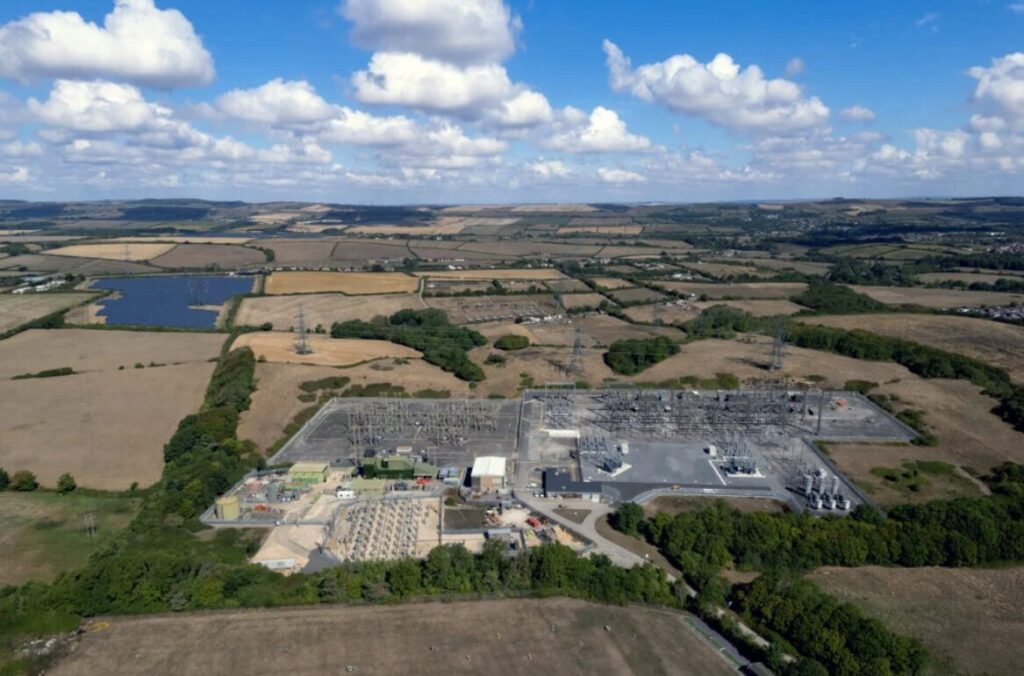
Statera has received planning consent for a 400MW/2,400MWh battery energy storage system (BESS) project in Weymouth.
The project, at East Chickerell Court Farm, had caused local controversy due to its size and the fire risk presented by lithium-ion batteries, but neither the Dorset & Wiltshire Fire and Rescue Service nor the national Environment Agency objected.
It was voted in favour of by six votes to two at a Dorset Council meeting. Supporters of the project said its contribution to the UK’s efforts to decarbonise, by helping to integrate renewable energy, made it necessary, and that urban development had a worse impact on the local environment.
Statera maintains over a gigawatt of battery schemes in the UK. In March of this year it secured consent for another South West project, a 290MW/1,740MWh BESS to be developed near Exeter in Devon.
Most projects online in the UK today are around 1- or 2-hour systems; Statera’s Chickerell BESS, with a 6-hour duration, is one of the largest in the world. Having secured planning permission, Statera will make a final investment decision (FID) and confirm the BESS provider.
The project has a grid connection date in 2028, perhaps even later due to its size.
Another major factor in securing planning for UK projects has been proving the land use will not threaten food security. Agricultural land at the site has been classified as Grade 3b/4 (51%), which is considered poorer quality and less productive.
Local authorities have used references in the National Planning Policy Framework (NPPF) to the consideration of agricultural land for food production as a reason to refuse planning permission – a trend especially seen with solar developments.
Statera’s plans include enhancing wildlife corridors, landscape features and biodiversity.
It has been broadly acknowledged that grid flexibility, as provided by BESS, will be a crucial enabler of the government’s ambitious clean energy targets. Indeed, having made wind generation the “backbone” of its renewable energy initiatives, the Labour government has revealed little about its plans to ensure the UK electricity grid can support new projects coming online.
That said, the UK BESS market has seen progress in recent weeks, with planning permission granted for a 400MWh development near Carlisle and construction underway for one of the UK’s largest BESS projects by E.ON and Quinbrook Infrastructure Partners.